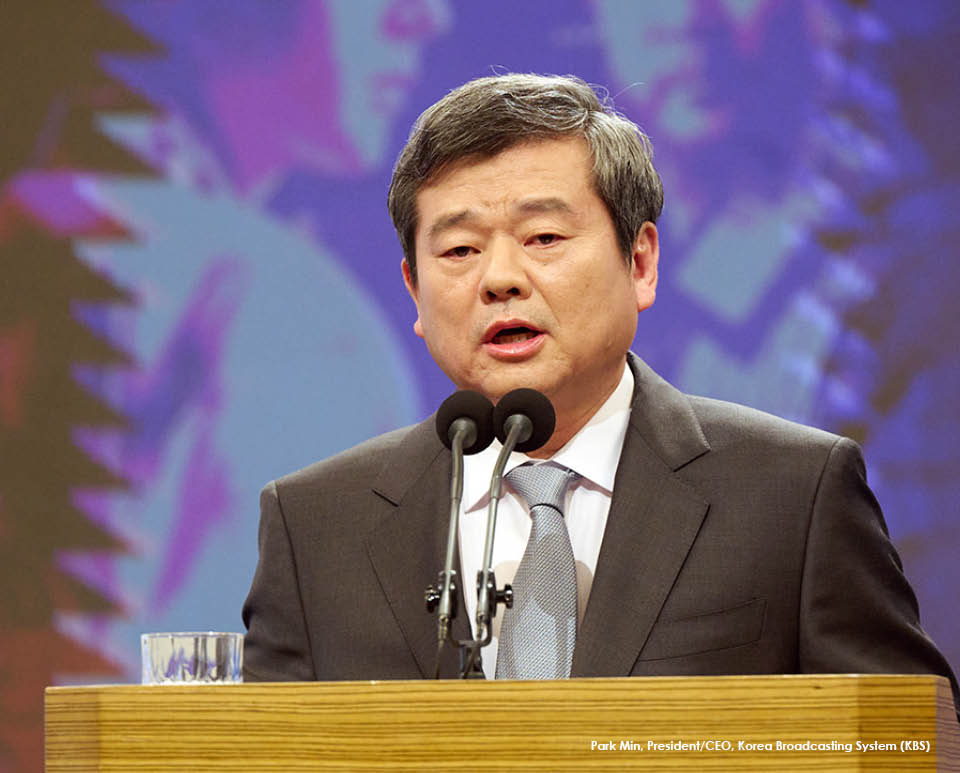
Following a bruising year in 2023, Korean public broadcast giant, Korea Broadcasting System (KBS), has unveiled a strategy that appears to draw a line under last year’s troubles and offers a “reborn” vision in time to celebrate the company’s 51st anniversary this year.
The “KBS 3 Future Vision”, unveiled this month by new president and chief executive Park Min, promises that the broadcaster will be “reborn as a comprehensive public media group”.
The reorg, which will be implemented by the middle of this year, involves three central axes – public broadcasting, production and infrastructure.
The public broadcasting axis carries the original mission – news, current affairs, education and international broadcasting and other public services – and will be supported by TV licence fees collected from Korean households.
Production includes the establishment of a high-quality centralised production facility that integrates all of KBS’ production and distribution capabilities; and infrastructure, which involves the establishment of a new complex to promote Korean culture, including K-pop and K-content, with exhibitions, concerts and events.
Min said the broadcaster would be “reborn as a world-class public media by mobilising all its tangible and intangible assets”.
He also underscored KBS’ responsibility to viewers, and said all efforts would be made to minimise viewer inconvenience as last year’s hotly debated licence fee separation decree comes into effect.
The licence-fee uproar was rooted in accusations that KBS had failed to live up to its public broadcasting responsibilities.



















